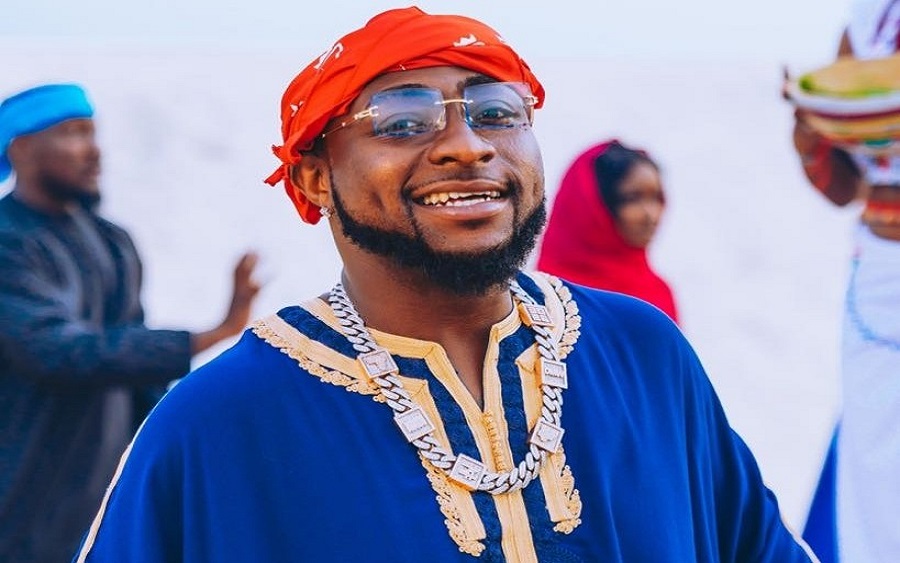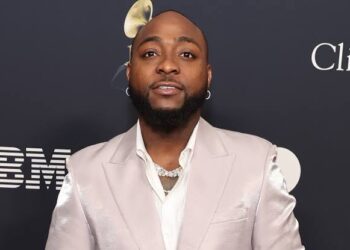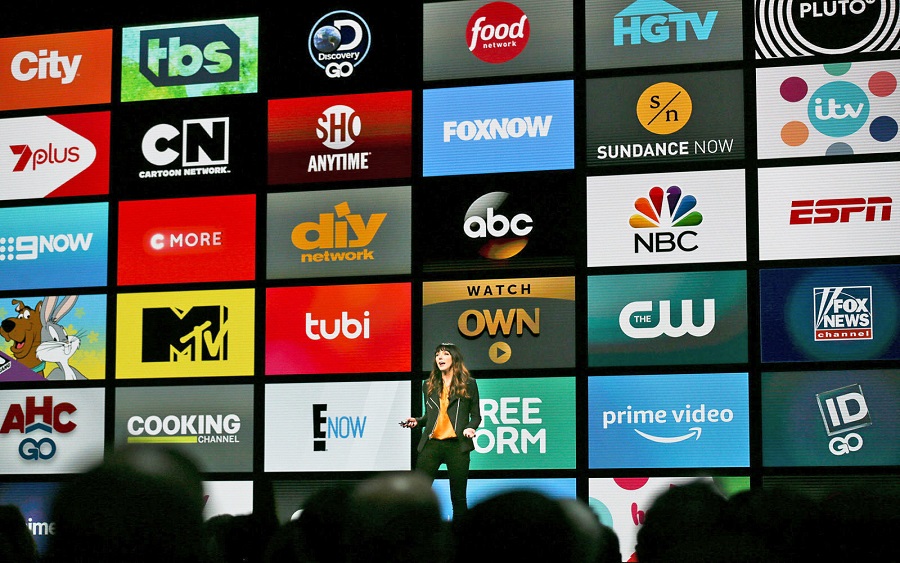The Nigerian music industry has come a long way, from the early times of Afrobeat patriarch, Fela Kuti, King Sunny Adé, Oliver De Coque, and William Onyeabor to the present-day stars like Wizkid, Davido, Burna Boy, Tiwa Savage, and Rema, it has continually evolved while consistently crossing the country’s borders into other parts of the world.
Nigeria’s music industry has been on a winning streak, for example, streaming giant Spotify revealed that revenues generated by Nigerian artists on its platform reached N11 billion ($14 million) in 2022. By 2023, that figure had surged to N25 billion, marking an over 100% year-on-year increase in streaming revenue.
Furthermore, the National Bureau of Statistics reported that motion pictures, sound recording, and music production constituted a significant portion of the arts and entertainment industry’s contribution to the country’s GDP. Specifically, these sectors represented 82.16%, equating to N1.62 trillion, of the N1.97 trillion generated by the arts and entertainment industry. At an exchange rate of N896 as of December 31, 2023 this equates to an industry worth of about $1.81 billion.
While these numbers may seem modest compared to more developed markets, the potential for exponential growth has drawn the attention of major international music conglomerates. These global players have made significant inroads into Nigeria’s music industry by partnering with local record labels and signing recording contracts with popular local artists.
This influx has significantly enhanced production values, benefiting consumers, but has also escalated production costs, challenging creatives. As a result, the role of effective record label management has become more critical than ever.
In the intricate ecosystem of the music industry, record labels and artists are indispensable partners who serve as incubators, supporting emerging artists by providing financial assistance for creation, distribution, and marketing.
As the industry moves towards contributing significantly to the entertainment sector’s projected $15 billion outlook by 2025, the influence of record label CEOs becomes increasingly pivotal. In no particular order here are 10 record label CEOs driving the Nigerian music industry forward by enabling talents and scouting diamonds in the rough.
Oluwaseun Lloyd, also known as “Mr. Banko,” is the General Manager at Sony Music West Africa. With a career spanning over a decade in the music industry, Lloyd embarked on his professional journey in 2009. Shortly after graduating from college, he collaborated with the renowned artist Davido, a partnership that launched them both to significant success.
The establishment of Sony Music West Africa in 2016 has paved the way for Sony Music to combine its international resources with the local expertise of the team led by Lloyd. Since assuming his role in 2019, Lloyd has had the opportunity to work with a plethora of exceptionally talented artists. His tenure has been marked by a fervent dedication to amplifying the influence of Afrobeats music and its artists, particularly focusing on their penetration into the American music market.
Sony Music West Africa has collaborated with various African artists signed to other repertoires within the Sony umbrella, including Mayorkun (Black Butter) and Wizkid (RCA USA). His strategic initiatives are aimed at showcasing the vibrant Afrobeats genre on a global stage, fostering cross-cultural collaborations, and promoting the unique sounds of West African artists.
Lloyd’s passion for Afrobeats is evident in his strategic initiatives aimed at showcasing this vibrant genre on a global stage, fostering cross-cultural collaborations, and promoting the unique sounds of West African artists.























